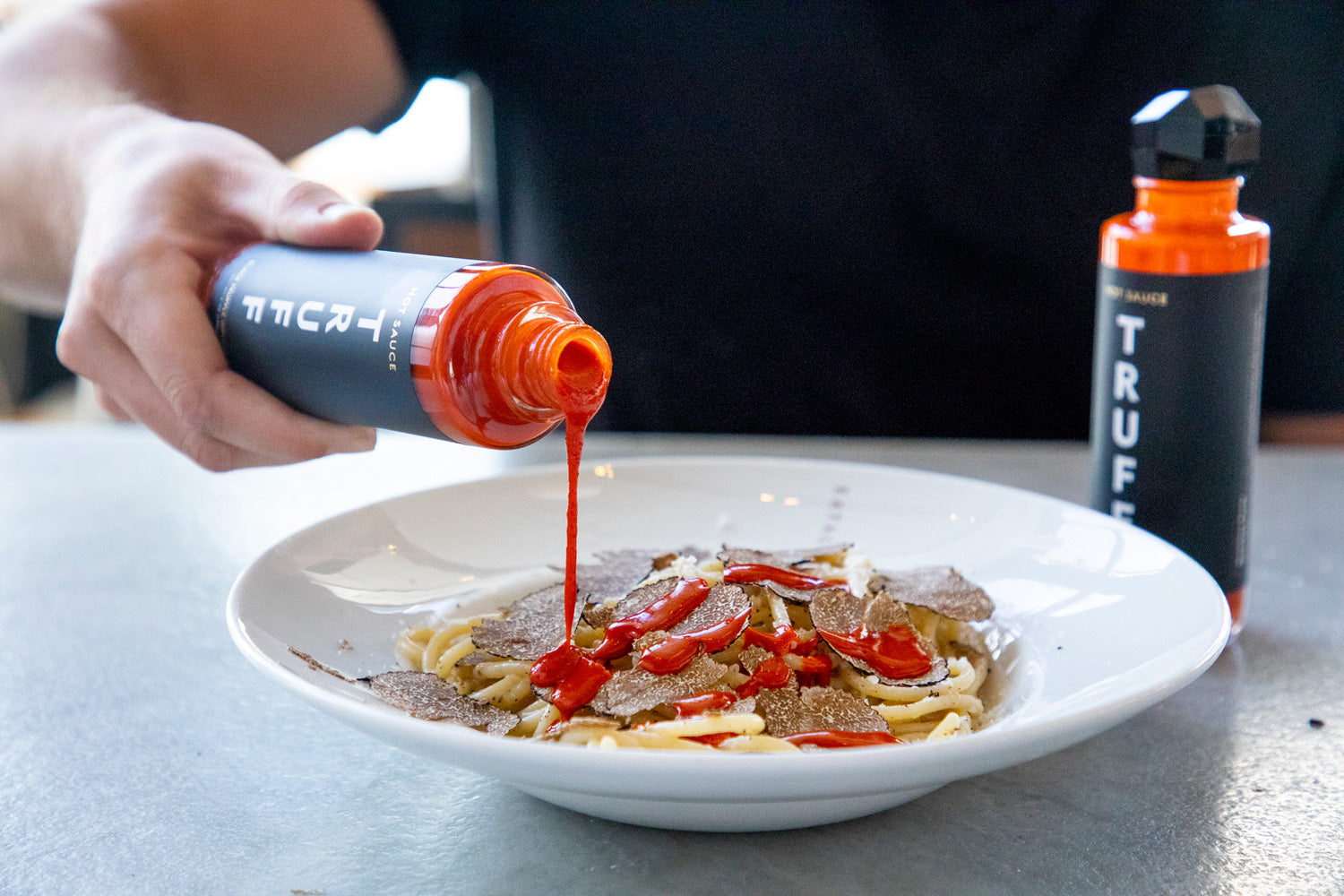What Kind of Vinegar for Hot Sauce? Choose Right for Flavor
Written By James Morgan
If you're a true barbecue enthusiast, you're often searching for that perfect zing to add to your dishes. One crucial ingredient that can elevate the flavor of your hot sauce is vinegar. But with various kinds available, it begs the question: what kind of vinegar for hot sauce? In this article, well dive deep into the world of vinegar and its essential role in hot sauce production.
Vinegar not only serves as a flavor enhancer but also impacts the overall texture and preservation of your hot sauce. As you cultivate your culinary skills, understanding different types of vinegar will significantly help you create a hot sauce tailored to your taste. Lets explore the types of vinegar that pair well with hot sauce and how they contribute to its deliciousness.

Understanding Different Types of Vinegar
Vinegar is a fermented liquid made from various sources and undergoes a double fermentation processfirst from sugar to alcohol and then from alcohol to acetic acid. Here are some popular types of vinegar you might consider:
1. Apple Cider Vinegar
Apple cider vinegar is one of the most favored options among hot sauce enthusiasts. Its mild sweetness adds a unique flavor that meshes perfectly with the heat of peppers. This vinegar's fruity undertones complement many hot sauces, especially those made with cayenne and jalapeo peppers.
2. White Vinegar
White vinegar is sharply acidic and considered the most neutral option. When crafting a classic hot sauce, it can provide the necessary acidity without overwhelming the other flavors. Many commercial hot sauce recipes, such as those found in Wingstops atomic sauce, utilize white vinegar as their base.
3. Red Wine Vinegar
Red wine vinegar brings a more robust flavor to hot sauces. If you are looking for a deeper taste profile, red wine vinegar is an excellent choice, especially for those rich tomato-based sauces or adding to barbecued meats. It can enhance the savoriness of your hot sauce.
4. Rice Vinegar
Rice vinegar has a mild and slightly sweet flavor, making it a great base for Asian-inspired hot sauces. Its subtle notes will allow the fresh ingredients to shine through. Pairing rice vinegar with garlic and soy sauce can create a delightful dip for grilled dishes.
5. Malt Vinegar
Malt vinegar is produced from malted barley and carries a distinct flavor that can give your hot sauce a unique touch. While its not a conventional choice for all hot sauces, it can be fantastic in specialty sauces and those that go well with fried foods.

Why Vinegar is Essential for Hot Sauce
Aside from flavor, vinegar plays an integral role in preserving hot sauce. The acidity created from the vinegar inhibits the growth of bacteria, allowing your hot sauce to last longer. This is crucial for any homemade sauces you create, ensuring safety while maintaining flavor.
General Guidelines for Choosing Vinegar
When selecting the type of vinegar for your hot sauce, consider the following:
- Balance Flavors: Aim to find a vinegar that balances well with your heat level. Sweet varieties may work better with hotter peppers.
- Acidity Level: A higher acidity level will yield a tangier sauce. Understand the ratio between the vinegar and other ingredients like pepper to achieve desired results.
- Personal Preference: Ultimately, your taste is paramount! Experiment with different vinegars to see what suits your palate.

How to Make Hot Sauce with Different Vinegars
Making hot sauce at home is an art! Heres a simple recipe to demonstrate the use of various vinegars:
Basic Hot Sauce Recipe
- 1 cup chopped hot peppers (like jalapeos or habaneros)
- 1 cup vinegar (your choice, like apple cider or white vinegar)
- 1 teaspoon salt
- 1/2 teaspoon garlic powder (optional)
Instructions:
- Combine all the ingredients in a blender.
- Blend until smooth.
- Transfer to a pot and simmer on low heat for 10-15 minutes.
- Let cool before transferring to a bottle. Enjoy!

Popular Hot Sauce Varieties to Try
After learning about vinegars, why not explore some popular hot sauces that utilize vinegar effectively? Here are a few types you may want to experiment with:
- Atomic Sauce at Wingstop
- Hot Sauce in Ramen
- Scorpion Sauce
- Why Hot Sauce Makes You Sweat
- Vinegar in Hot Sauce
Health Benefits of Vinegar in Hot Sauce
Adding hot sauce to your meals not only spices things up but also offers various health benefits:
- Boosts Metabolism: Hot sauce can increase your metabolic rate due to the capsaicin present in hot peppers.
- Rich in Antioxidants: Many hot sauces contain ingredients that are rich in antioxidants, providing added health benefits.
- Can Aid Digestion: The vinegar's acidity may assist in digestion when consumed with meals.
Interested in learning more about why hot sauce can be beneficial? Check out this article: Reasons to Eat Hot Sauce.
FAQ Section
1. Can I use other types of vinegar in hot sauce?
Yes, you can experiment with various types of vinegar based on your taste preferences. Each vinegar type will impart a unique flavor.
2. How long does homemade hot sauce last?
Homemade hot sauce can last several months when stored in a cool, dark place, especially if vinegar is present as a preservative.
3. What is the ideal ratio of vinegar to peppers in hot sauce?
A common ratio is around 1:1, but this can vary based on your desired flavor and acidity.
As an Amazon Associate, I earn from qualifying purchases.



